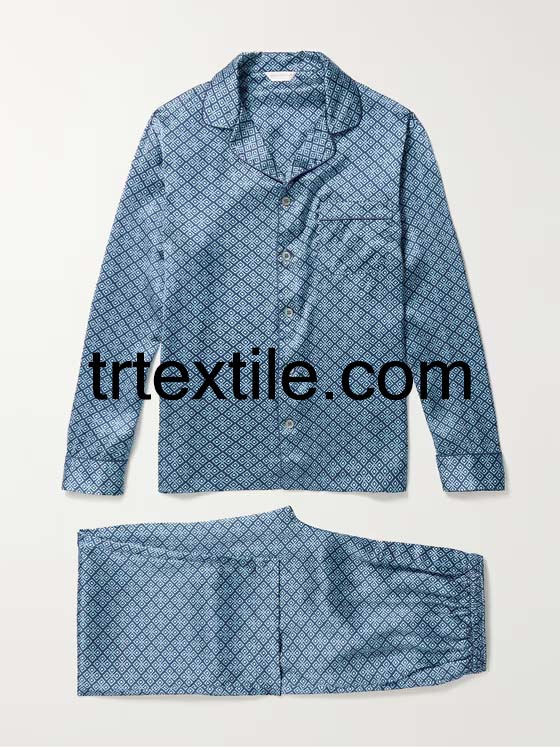Pajamas are a staple in most people’s wardrobes, providing comfort and warmth during the night or for lounging around the house. The production of pajamas involves several steps, from designing and sourcing materials to manufacturing and delivery. In recent years, there has been a shift towards more sustainable and ethical production practices in the fashion industry, including in the production of pajamas.
One of the key aspects of the pajama production model is the design process. Designers create sketches and prototypes of new pajama styles, considering factors such as comfort, fit, and style. They also take into account trends in the market and customer preferences. Once a design is finalized, it is sent to the sourcing team to find suitable materials.
Sourcing materials is an important part of the pajama production model. Cotton, silk, and synthetic fabrics are commonly used in pajama production. The sourcing team works with suppliers to find high-quality materials that meet the brand’s standards for sustainability and ethics. They also negotiate prices and quantities to ensure that the materials are cost-effective and readily available.
After the materials are sourced, they are sent to the manufacturing team to be cut, sewn, and assembled into pajamas. The manufacturing process can take place in-house or outsourced to a third-party factory. In recent years, there has been a push towards more ethical manufacturing practices, such as ensuring fair wages and safe working conditions for factory workers. Some brands have also started using environmentally friendly production methods, such as using recycled materials or reducing water and energy consumption.
Once the pajamas are manufactured, they are inspected for quality and packaged for delivery. The packaging process is also an important part of the production model, as it can impact the brand’s image and customer experience. Many brands use eco-friendly packaging materials, such as recycled cardboard or biodegradable plastics, to reduce their environmental impact.
Finally, the pajamas are shipped to retailers or directly to customers. Some brands have adopted a direct-to-consumer model, selling their pajamas online or through pop-up shops. This allows them to bypass traditional retail channels and offer lower prices to customers. Other brands have partnerships with retailers, selling their pajamas in stores or through online marketplaces.
Overall, the pajama production model is a complex process that involves multiple steps and stakeholders. By adopting sustainable and ethical practices, brands can not only reduce their environmental impact but also build trust with customers who are increasingly concerned about where their clothes come from. As the fashion industry continues to evolve, it is important for brands to stay ahead of the curve and prioritize sustainability and ethics in their pajama production model.




